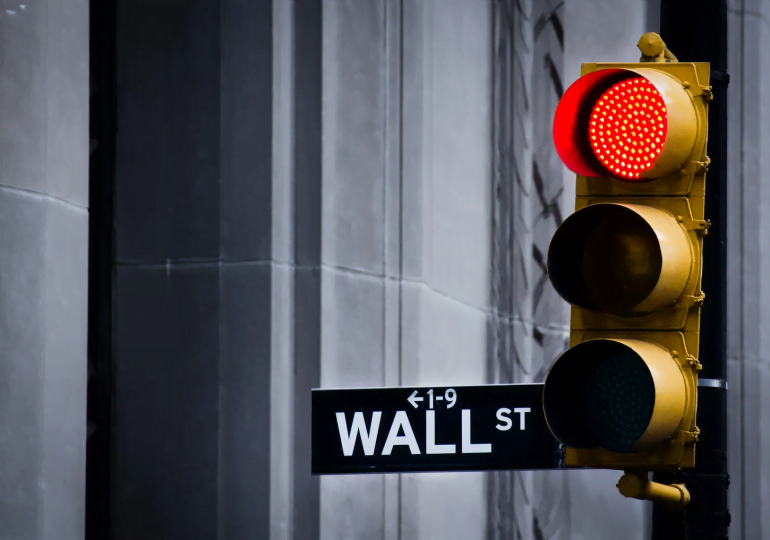Stocks finished near session lows, as concerns about rising interest rates once again put pressure on valuations for more speculative names. As a result, tech heavyweights put pressure on the major averages, even as Treasury yields retreated during the session.
The Nasdaq (COMP.IND) -2.8% fared the worst among the major equity avrages, compared with the S&P 500 (SP500) -1.9%. The Dow (DJI) -1.4% also extended losses. The declines put the major averages firmly into the red for the week. In the past week, the Dow edged lower by -1%, S&P 500 -1.7% and Nasdaq -2.2%.
Nine of 11 S&P sectors finished lowerw, with Info Tech at the bottom of the list. All six megacaps declined, Tesla recording the biggest decline. Energy was the top gaining sector.
The 10-year Treasury yield declined 10 basis points to 1.92% and the 2-year fell 7 basis points to 1.58%.
The New York Fed released its schedule for QE purchases at 3 p.m. ET, which sent interest rates to new session lows.
Fed funds futures are now pricing in a half-point rate hike in March and there is some talk of an intermeeting hike, something that hasn’t happened since 1994.
Closely followed market watcher Mohamed El-Erian told Bloomberg that an intermeeting move would represent a mistake, because markets would “sense blood” and conclude the Fed is panicking.
Shortly after the start of trading, the University of Michigan said its preliminary measure of February consumer sentiment fell to a decade low, with inflation expectations rising.
“The details of the report suggest weaker expectations around consumers’ financial situation was the main culprit behind the decline,” Wells Fargo economists said. “Consumers’ views of their finances versus a year ago fell to the lowest level since 2013.”
“This shouldn’t come as a surprise when considering the massive amount of fiscal support reaching households at the onset of the pandemic has now ended, and households continue to contend with higher prices.”
Among active stocks, Newell Brands was one of the S&P’s best performers after strong earnings. Under Armour was among the weakest as it warned of supply chain issues.


